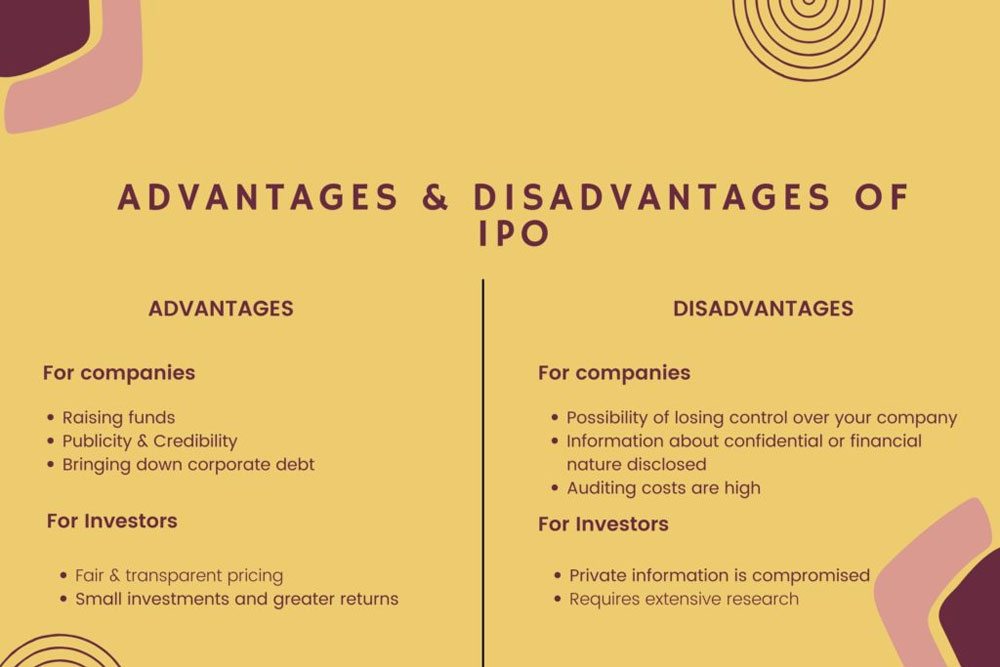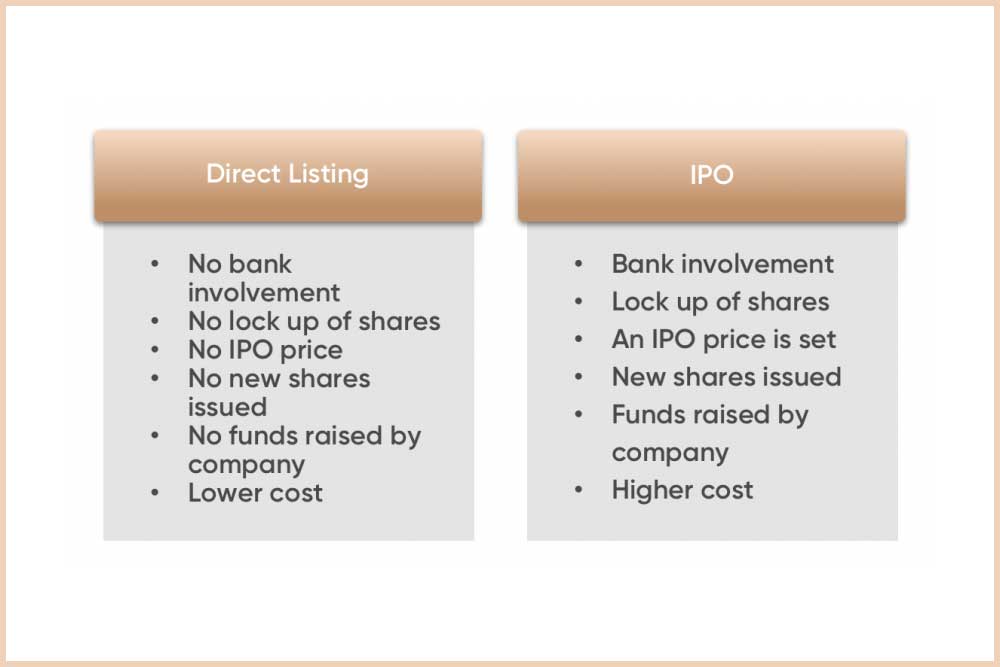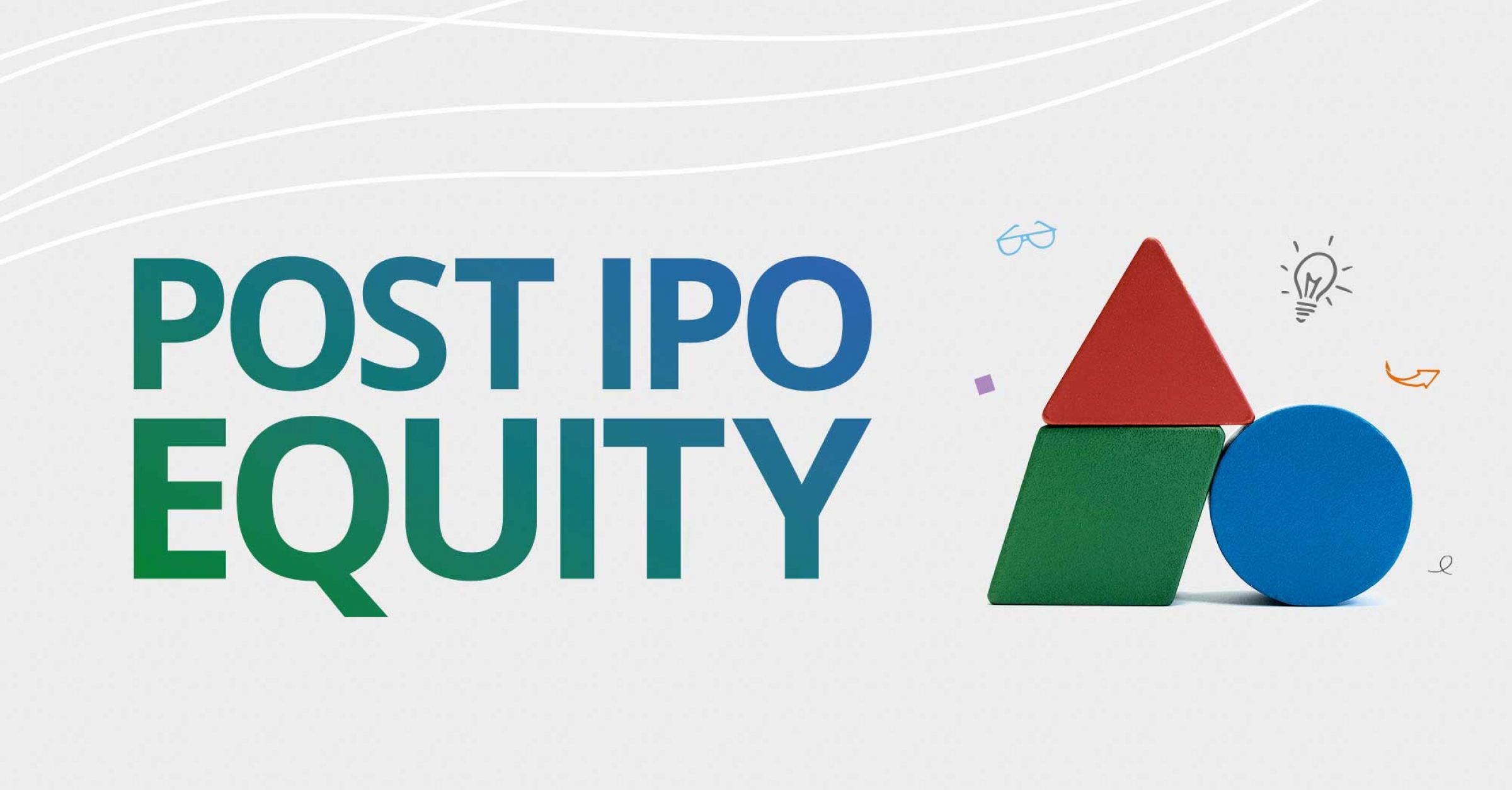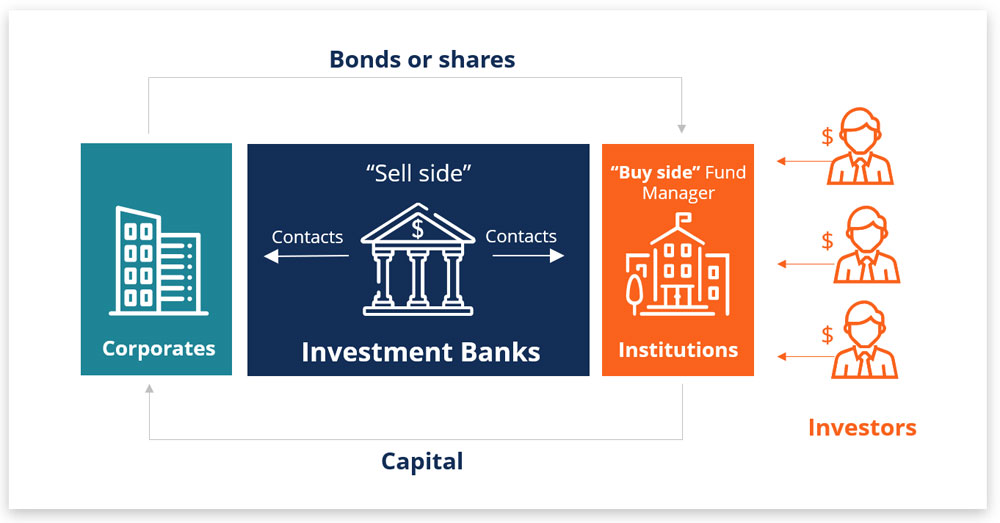Comment une introduction en bourse affecte-t-elle les actionnaires existants d'une entreprise ?
An IPO can have both positive and negative effects on the existing shareholders of a company. On the positive side, an IPO can provide existing shareholders with a way to monetize their investments and realize a return on their initial capital. The increased liquidity of the public markets can also make it easier for existing … Lire la suite










